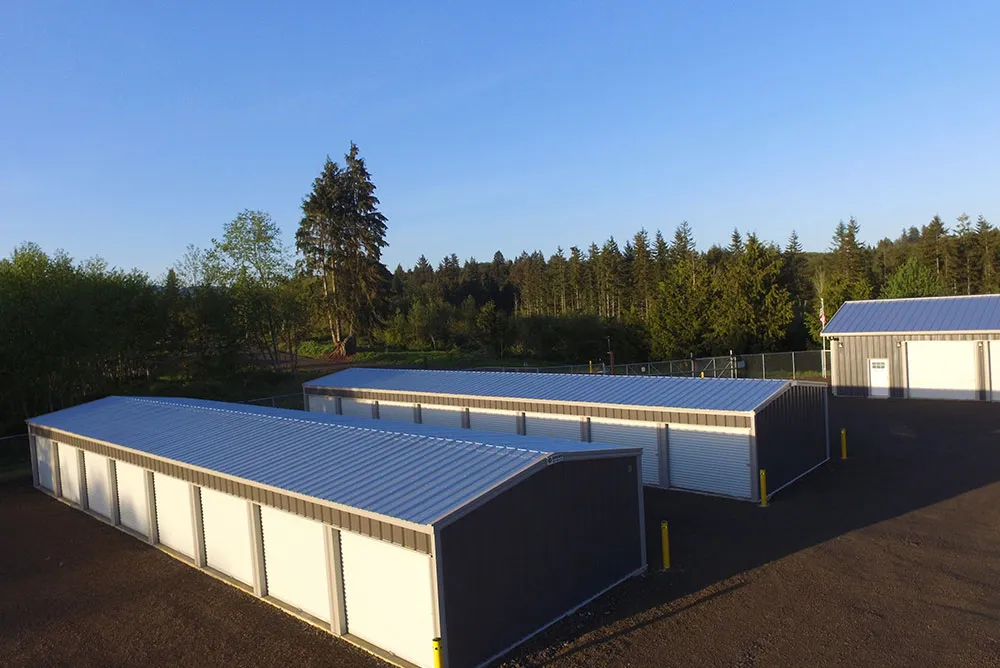- Afrikaans
- Albanian
- Amharic
- Arabic
- Armenian
- Azerbaijani
- Basque
- Belarusian
- Bengali
- Bosnian
- Bulgarian
- Catalan
- Cebuano
- Corsican
- Croatian
- Czech
- Danish
- Dutch
- English
- Esperanto
- Estonian
- Finnish
- French
- Frisian
- Galician
- Georgian
- German
- Greek
- Gujarati
- Haitian Creole
- hausa
- hawaiian
- Hebrew
- Hindi
- Miao
- Hungarian
- Icelandic
- igbo
- Indonesian
- irish
- Italian
- Japanese
- Javanese
- Kannada
- kazakh
- Khmer
- Rwandese
- Korean
- Kurdish
- Kyrgyz
- Lao
- Latin
- Latvian
- Lithuanian
- Luxembourgish
- Macedonian
- Malgashi
- Malay
- Malayalam
- Maltese
- Maori
- Marathi
- Mongolian
- Myanmar
- Nepali
- Norwegian
- Norwegian
- Occitan
- Pashto
- Persian
- Polish
- Portuguese
- Punjabi
- Romanian
- Russian
- Samoan
- Scottish Gaelic
- Serbian
- Sesotho
- Shona
- Sindhi
- Sinhala
- Slovak
- Slovenian
- Somali
- Spanish
- Sundanese
- Swahili
- Swedish
- Tagalog
- Tajik
- Tamil
- Tatar
- Telugu
- Thai
- Turkish
- Turkmen
- Ukrainian
- Urdu
- Uighur
- Uzbek
- Vietnamese
- Welsh
- Bantu
- Yiddish
- Yoruba
- Zulu
Nov . 08, 2024 13:19 Back to list
The Importance of Managing Redundant Farm Buildings
In the agricultural landscape, farm buildings play a crucial role in facilitating daily operations, storing equipment, and housing livestock. However, as farming practices evolve and the industry experiences shifts in demands, many farms find themselves with redundant buildings. These structures, once essential, may now be underused, outdated, or entirely unnecessary. Addressing the issue of redundant farm buildings is paramount not only for efficient land use but also for sustainable farming practices.
Redundant farm buildings can arise from a variety of circumstances. Perhaps a farmer has transitioned from mixed farming to a more specialized operation, rendering certain barns or storage facilities obsolete. Alternatively, advancements in technology and farming methods may reduce the need for traditional structures. For instance, the rise of vertical farming and hydroponics has lessened the reliance on large, expansive buildings dedicated solely to crop cultivation. As a result, many farms are left with excessive buildings that serve no functional purpose, consuming valuable land and resources.
The presence of these redundant structures can have several negative consequences. Economically, maintaining unused buildings can drain a farm’s finances. Regular upkeep, property taxes, and insurance costs for structures that no longer serve a purpose can burden a farmer’s budget. Environmentally, abandoned buildings can become sites for pest infestations, lead to soil degradation, or even attract vandalism. Socially, they may detract from the aesthetic of the area, impacting property values and the overall community perception of farm operations.
redundant farm buildings

As such, farmers are encouraged to assess their existing buildings regularly. Conducting a thorough evaluation can highlight which structures are necessary and which may be candidates for renovation, repurposing, or demolition. Repurposing can be an innovative solution, transforming old barns into storage facilities for equipment, workshops, or even community spaces. This approach not only breathes new life into unusable buildings but also fosters community engagement and sustainability.
Moreover, if repurposing is not viable, farmers can consider demolishing unnecessary structures and using the land for alternative productive purposes. This could involve creating more open space for crops, establishing grazing areas for livestock, or even implementing renewable energy solutions, such as solar farms. By aligning the use of land more closely with current agricultural practices, farmers can enhance their operational efficiency and contribute positively to environmental sustainability.
Community collaboration can also play a vital role in addressing the issue of redundant farm buildings. Local agricultural boards or cooperative extension services can assist farmers in assessing their buildings and exploring potential uses. Additionally, community events or forums can raise awareness about the importance of maintaining a sustainable agricultural environment, encouraging more farmers to reassess their property.
In conclusion, the management of redundant farm buildings is an important issue that requires prompt attention. By innovatively repurposing or thoughtfully demolishing underused structures, farmers can improve their economic viability while promoting sustainable practices that benefit the entire community. A keen focus on this aspect of farm management not only helps optimize land use but also ensures that the agricultural sector can thrive amid an ever-changing landscape. Ultimately, addressing redundant farm buildings is a critical step toward a more efficient, productive, and sustainable future in agriculture.
-
How Do Prefabricated Steel Structures Transform Modern Construction?
NewsJul.14,2025
-
How Do Prefabricated Metal Buildings Redefine Modern Construction?
NewsJul.14,2025
-
How Do Prefab Insulated Metal Buildings and Steel Structures Revolutionize Modern Construction?
NewsJul.14,2025
-
How Do Pre - Engineered Steel Structures Redefine Modern Construction?
NewsJul.14,2025
-
Advancing Modular Construction with Prefabricated Metal Structures
NewsJul.14,2025
-
Advancing Industrial Infrastructure with Prefabricated Steel Solutions
NewsJul.14,2025
Products categories
Our Latest News
We have a professional design team and an excellent production and construction team.












